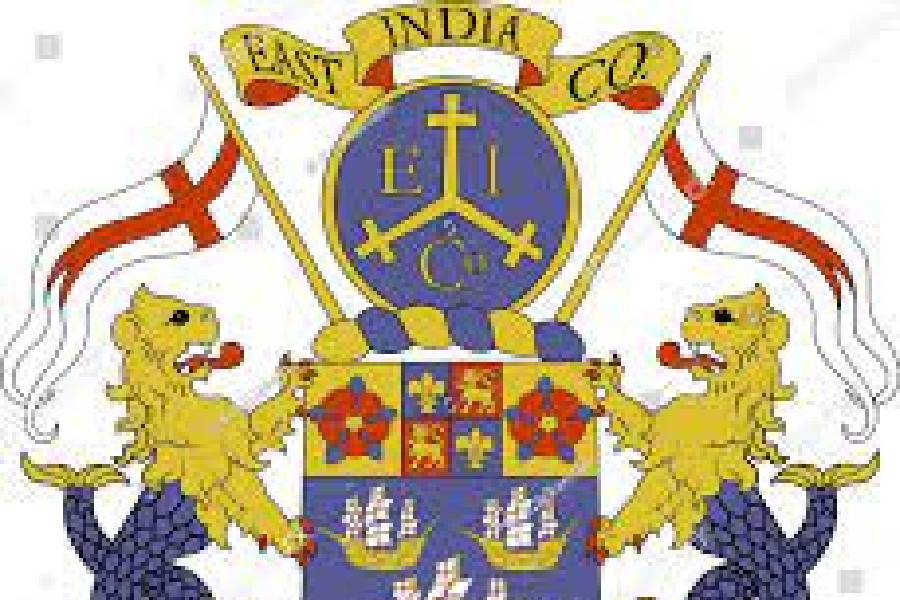Patna fell to the British East India Company on this day and the Nawab of Murshidabad, Mir Qasim, who had arrived in Patna from Munger to fight the British, fled to Oudh. During his march to Patna Mir Qasim had executed Gorgin Khan, his Armenian commander-in-chief, and had beheaded two members of the Jagat Seth banking family. On October 5, he had executed his 56 English prisoners.
In Oudh, Mir Qasim got the support of Shuja-ud-Daulla, the nawab wazir of Oudh, and of Mughal emperor Shah Alam II. After the British victory at the Battle of Buxar in May 1764, which these three had fought against the British, Shah Alam Il went over to the British side and Shuja-ud-Daulla was forced to Lucknow and then to Rohilla.
Mir Qasim disappeared, then visited Allahabad, Gwalior and Delhi and then, friendless and abandoned, he died like a beggar at Kotwal, near Delhi, in May 1777.
His funeral was apparently performed with the money from the sale of a pair of his shawls, the only property he had left.
